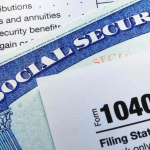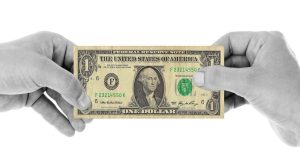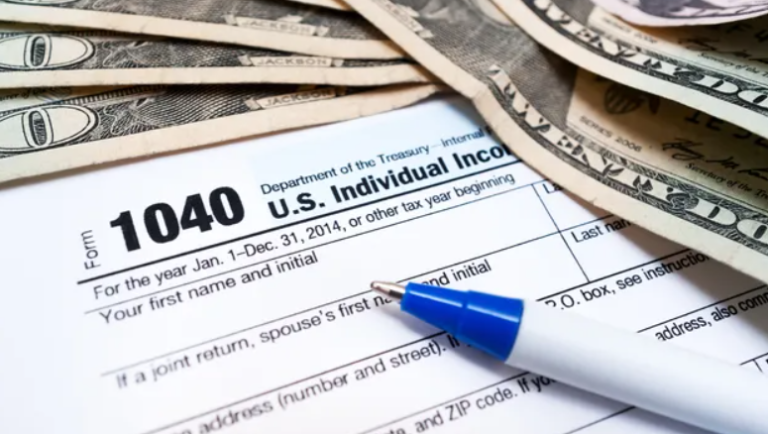In a world of endless temptations and instant gratification, practicing financial fasting can be a powerful tool to regain control of your spending and savings. Just as intermittent fasting helps individuals shed excess weight, financial fasting is a discipline that can trim the fat from your budget and help you build a healthier financial future. In this article, we’ll explore the concept of financial fasting, its benefits, and how you can get started.
Understanding Financial Fasting:
Financial fasting, much like its dietary counterpart, involves abstaining from specific financial behaviors for a set period. During this period, you commit to avoiding certain expenses and habits that might be draining your financial resources. By doing so, you aim to break free from impulsive spending and develop a more conscious and disciplined approach to managing your money.
Benefits of Financial Fasting:
Improved Financial Awareness: Financial fasting forces you to confront your spending habits head-on. You’ll become acutely aware of where your money is going and identify areas where you can cut back.
Enhanced Discipline: Just as fasting can strengthen your self-control over eating, financial fasting can boost your financial discipline. You’ll learn to resist the urge to make unnecessary purchases.
Debt Reduction: For those struggling with debt, financial fasting can provide the extra cash needed to pay down loans and credit card balances more rapidly.
Savings Acceleration: By cutting back on non-essential spending, you’ll have more funds available to boost your savings or invest in assets that generate returns.
Improved Financial Health: Financial fasting, like a cleanse for your budget, can lead to a healthier financial state in the long term.
How to Start Financial Fasting:
Set Clear Goals: Define your objectives for the financial fast. Whether it’s paying off debt, building an emergency fund, or saving for a specific goal, having clear goals will keep you motivated.
Create a Spending Plan: Develop a detailed budget for the fasting period. Identify your essential expenses and those you plan to eliminate temporarily.
Prioritize Essentials: Determine what you truly need and prioritize those essentials. Cut out or reduce discretionary spending, such as dining out, entertainment, and shopping for non-essential items.
Track Your Progress: Keep a record of your daily spending and review your progress regularly. This will help you stay on track and make adjustments if needed.
Stay Accountable: Enlist a friend or family member to join you in your financial fast or at least hold you accountable. Having a support system can make the process more manageable.
Practice Mindfulness: During the financial fast, practice mindful spending. Consider whether each expense aligns with your goals and if it’s truly necessary.
Overcoming Challenges:
Financial fasting is not without its challenges. You may experience temptation, frustration, or fear of missing out. To overcome these hurdles, remember your goals, stay focused on the benefits, and celebrate your successes along the way.
Just as intermittent fasting can lead to improved physical health, financial fasting can contribute to better financial well-being. By abstaining from non-essential spending, you can regain control over your finances, eliminate debt, and accelerate your savings. Financial fasting is a powerful tool that empowers you to make intentional financial choices and work towards your long-term financial goals.



























